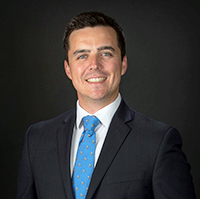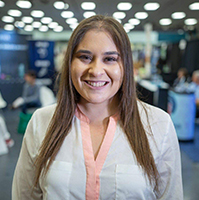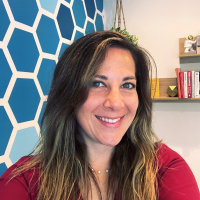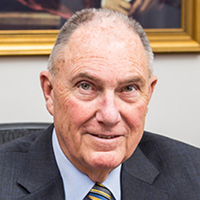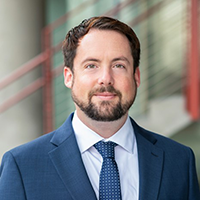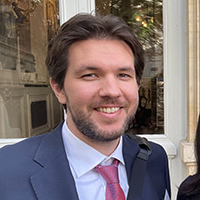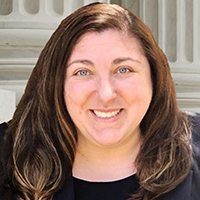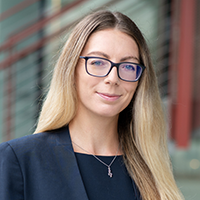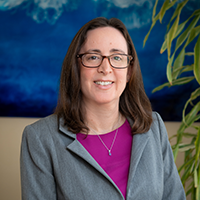Artificial Intelligence and the Copyright Dilemma
Artificial Intelligence and the Copyright Dilemma
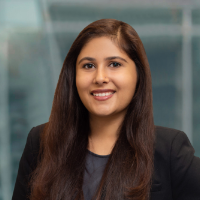
Over the past few years, artificial intelligence (AI) has taken center stage in the development of creative works. Creators can now enter prompts into AI platforms like ChatGPT, Midjourney, and Stability Diffusion to generate works. As AI becomes more and more integrated in our daily lives, creators must consider the legal implications of their use of these platforms.

